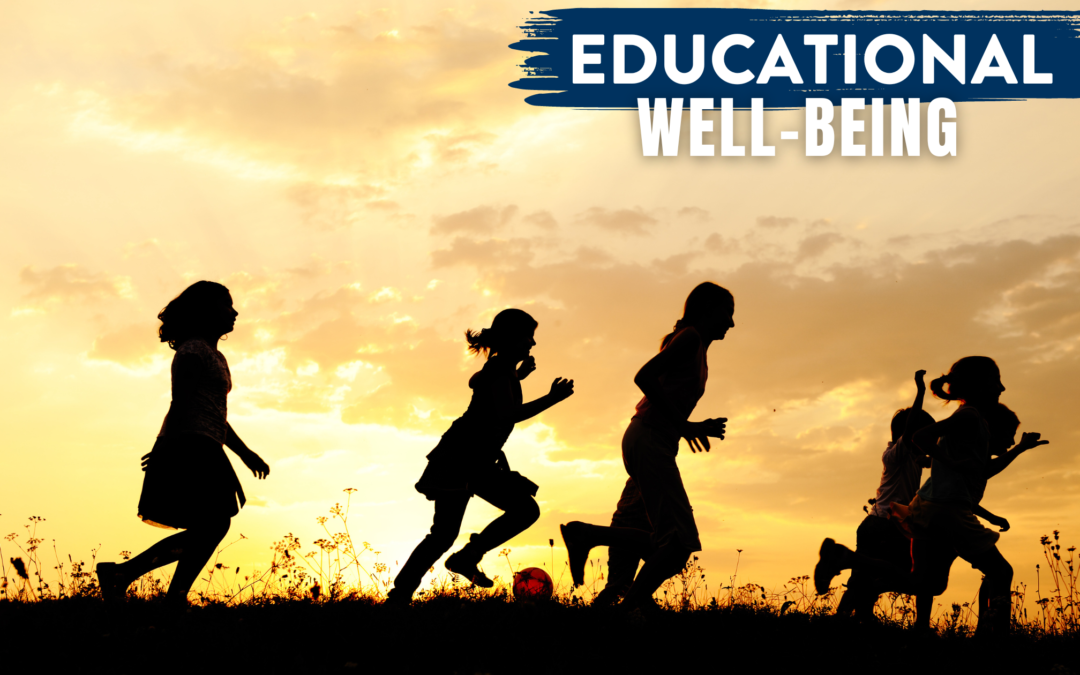
Each year, The Annie E. Casey Foundation’s KIDS COUNT Data Book provides information on the well-being of children across all fifty states. Virginia’s children and youth rank 16th in the country overall. In our October blog posts, Henrico CASA will be breaking down the four main categories of well-being: economic well-being, education, health, & family and community.
In last week’s blog, Breaking Down the Well-Being of Virginia’s Youth | Henrico CASA we discussed the economic well-being of Virginia’s youth. Let’s focus now on their educational well-being.
Educational Well-Being
The four key indicators are:
- Young children (ages 3 and 4) not in school- Early education can help boost both social, and emotional development. In Virginia, 109,000 children between the ages of 3-4 years old are not enrolled in school. This isn’t ideal. Early childhood education sets the stage for future learning. It also helps adults spot any developmental delays or challenges that may exist early on. This allows for them to be addressed much sooner.
- Fourth graders not proficient in reading- 68% of Virginia fourth graders are not proficient in reading, with non-proficiency levels are rising across the United States. Reading proficiency is key for children to gain better comprehension skills, develop critical thinking, and help them perform better in other subjects.
- Eighth graders not proficient in math- 69% of Virginia’s eighth graders are not proficient in math. Math is a subject that helps set the foundation for a higher education. The math that is taught through the middle school years provides preparation for more advanced math and science courses in high school. Without the foundation being set, the harder it is for students to grow alongside subject material and succeed in school.
- High school students not graduating on time– Across Virginia, the number of high school students that are not graduating on time is 10%, and this statistic continues to improve. While this is great news, we have to ask questions about why there are students still not graduating on time. Are they facing certain issues at home or in school? Who is keeping them on track to ensure their success? Who is helping to guide them during this period in their lives?
Where does CASA come in?
Court Appointed Special Advocates act as monitors of educational progress by regularly checking in on grades, attendance, and overall performance and play a vital role in ensuring a child or teen reaches educational milestones and successes.
Interested in taking a part in our mission to change a child’s story? Learn more here: Advocate | Henrico CASA








